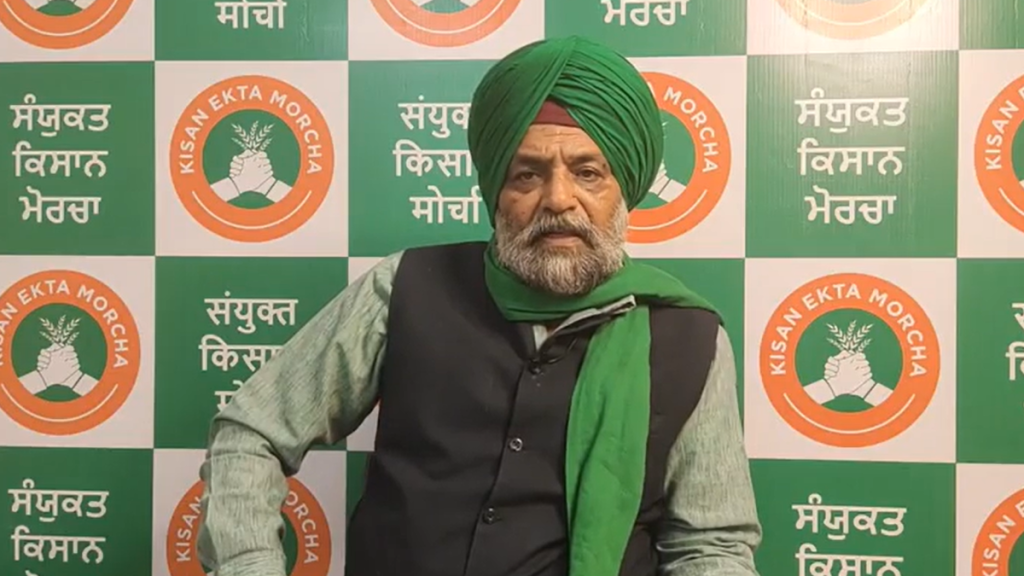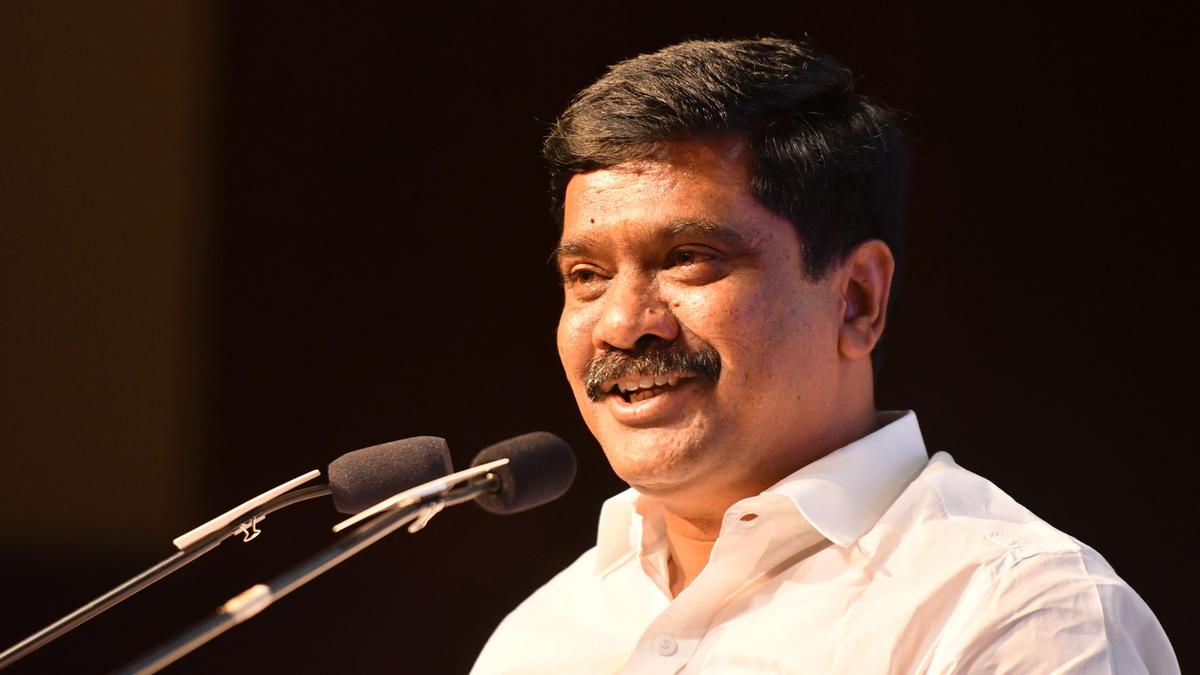Now Reading: China Confirms Support for PM Modi’s SCO Summit Visit
-
01
China Confirms Support for PM Modi’s SCO Summit Visit
China Confirms Support for PM Modi’s SCO Summit Visit
Fast Summary
- China welcomed Prime Minister Narendra Modi’s planned visit to the SCO Summit in Tianjin from August 31 to September 1, describing the event as “a gathering of solidarity, friendship and fruitful results.”
- The summit marks Mr. Modi’s first visit to China in over seven years as June 2018.
- Over 20 countries and leaders from all member states, along with heads of 10 international organisations, are expected to attend, making it the largest SCO Summit ever.
- India-China relations have been under strain since the eastern Ladakh border clashes beginning May 2020; ties were further stressed following Galwan Valley incidents but improved after disengagement agreements in October last year.
- Dialog mechanisms between India and China have resumed recently; key efforts include boundary talks, Kailash Mansarovar Yatra resumption, issuance of tourist visas for Chinese nationals by India, and discussion on restarting direct flights.
- Defense Minister Rajnath Singh,External Affairs Minister S Jaishankar,and NSA Ajit Doval visited China for recent SCO meetings; though,a bilateral Modi-Xi meeting remains unconfirmed.
- The SCO is a major intergovernmental bloc comprising nations such as India, Russia, China (current chair), Pakistan among others. Iran joined in 2023; Belarus became a member last year.
Indian Opinion Analysis
Prime Minister Modi’s participation at this year’s Shanghai Cooperation Organisation Summit provides both a strategic possibility for engagement with regional powers and a platform within which evolving geopolitical dynamics can be addressed. While relations with China remain sensitive due to lingering tensions stemming from the eastern Ladakh military standoff just three years ago-progress through recent dialogues suggests cautious optimism about stabilizing ties.
India’s importance within the bloc has grown since joining six years ago as it balances multiple interests ranging from security cooperation with Central Asian states to its broader economic ambitions in Eurasia. As china’s role unfolds further as chair at this year’s summit-modulated against competing players like Russia-India will likely look toward leveraging collaboration while carefully managing bilateral complexities that still persist since past conflicts.
The implications of renewed dialogue mechanisms coupled eventually serve India’s goals within challenging terrain amidst layered international realities via grouping block-policies!!!























